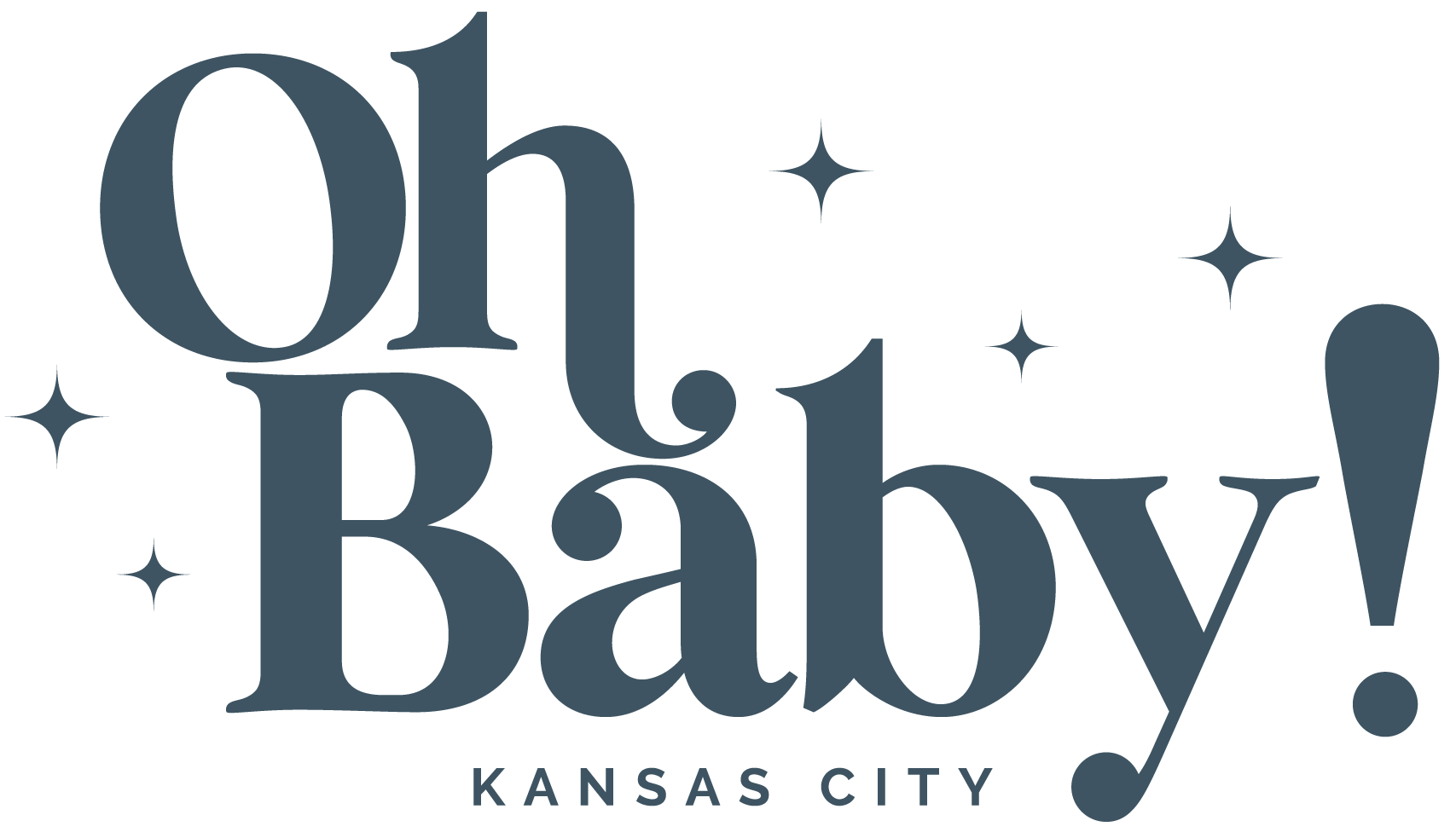When To Talk The Talk: Baby Talk
"Ohhhh...look at those cheeks! Look at them! You're just the cutest thing! Aren't you? Aren't you just the cutest?!"
Did you do the voice in your head just now reading that? The almost-comical raising your voice that you can't seem to help when presented with a small baby.
This speech style is also called Infant-Directed Speech, and it's good for your baby. If you're worried you need to turn into a squeaky toy once your child is born, don't worry. That's not the whole story. The American College of Pediatricians shares it's more about slowing down our speech patterns and exaggerating syllable pronunciation.
Baby's brains are sponges in their first three years, and in the first year, they may not be able to act on or replicate what they are hearing and learning, they are indeed absorbing the connections and meanings.
Language development is fascinating. Deb Roy has an interesting TED talk from 2011 called The Birth of a Word where he installs cameras in his home and software to mark where words are spoken in their home. The data is immense, and for the first 5 minutes, his presentation is focused on his family and the language acquisition of his new baby boy.
What Roy shares are somethings I wish more parents could hear. Our children see us. They listen to us. They really do. They need help interpreting the world, and that is a significant role we have, even if that feels secondary to feeding, diapering, and general tending to. But we can be aware of how some simple and common connections can give our kids a boost with language acquisition.
Here are some suggestions on how to boost language acquisition:
Narrate your day-to-day activities for your child as you go. It may feel uncomfortable having a one-sided conversation, but they are listening! For example, say “Now I’m getting a new diaper!” during diaper changing, or “I’m cooking soup for dinner!” in the kitchen.
Label activities and object that they enjoy. For example, say, “You found the ball!” or "We need our shoes to go outside. Let's put our shoes on."
Repeat simple sounds. For babies not yet 1, breaking down sounds into bababa, dadada, mamama, help greatly.
Read books with your child, starting at a young age. The experience is as valuable as the reading, so touching the book looking at it, opening it and taking it off a shelf are all valuable. And when reading it together, point at the words as you go. Your child's eyes will eventually follow your fingers.
Use music and nursery rhymes to help pattern recognition and development. Children can learn songs at a young age.
Take note of what your child is interested in and encourage them to talk about it by asking questions and giving comments. They will learn as you expand on the topic through your exchange.
When a child begins to say one or two words, take the initiative to affirm their word choice and context. "Yes, that is a cat! It's playing with string."
"Baby talk" is not for a lifetime. By the time your child is 3, your speed, tone, and rhythms are typically consistent with how you speak with adults. But for the first years of your child's life, it is not a mistake to take your time, get on their level (literally) and see the world a little slower.
